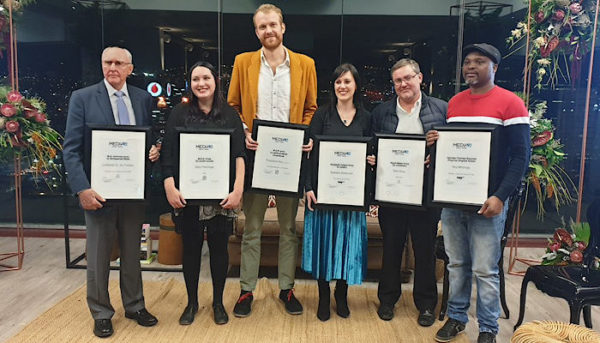
The 2019 Media24 Books Literary Prizes were announced in June, giving out a total of R200,000 in six categories. The prizes honour the best work released in the previous year by Media24 book publishers, which include Jonathan Ball Publishers and NB-Uitgewers/Publishers, the latter of which includes such imprints as Human & Rousseau, Tafelberg, Kwela Books, and Queillerie.
The poet and African Poetry Book Fund (APBF) editor Gabeba Baderoon won the Elisabeth Eybers Prize for Afrikaans and English poetry for The History of Intimacy, published by Kwela Books; Financial Mail editor Rob Rose won the Recht Malan Prize for Nonfiction for Steinheist: Markus Jooste, Steinhoff and SA’s Biggest Corporate Fraud, published by NB Publishers under its Tafelberg imprint; and the novelist and short story writer Niq Mhlongo won the Herman Charles Bosman Prize for English Fiction for his short story collection Soweto, Under the Apricot Tree, published by Kwela Books.
It is the very first prize that Mhlongo has won in South Africa, and in a new essay for The Johannesburg Review of Books, he writes about his perception of literary prizes in South Africa and in general, their excitements, their disappointments, and why he’s skeptical of them.
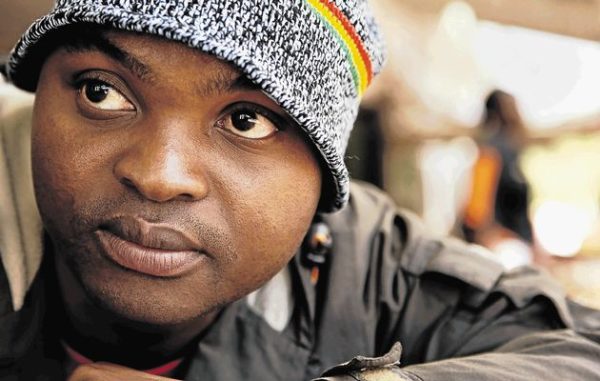
Here is an excerpt.
_______________________________________________________________
Three days after my forty-sixth birthday, on 13 June 2019, my collection of short stories, Soweto, Under the Apricot Tree, won the Herman Charles Bosman Prize for English Fiction. This is the first literary prize I have won in South Africa. To be honest, I never expected to win the prize, which came with R35,000 in cash. I was convinced that Nozizwe Cynthia Jele’s The Ones with Purpose was the obvious choice. I read the book last year when it came out, and I rate it among the best of South Africa’s novels.
I’m very sceptical about book prizes and always have mixed feelings when they are announced. My past experiences with certain South African literary prizes made me cynical. Yes, I’m excited by shortlists like everyone else. I also love winning—who doesn’t?! Being shortlisted comes with lots of benefits and literary opportunities. Although I’ve never got any government grants from the National Arts Council, I’m sure to mention all my long- and shortlistings at every opportunity, to fool whomever is on the NAC’s selection committee. I tell everyone about my K Sello Duiker shortlisting in 2007, the Sunday Times shortlist in 2008, the MNet Literary Award shortlist in 2008, and so forth, especially when I apply for residencies around the world. I also think that I get invited to literary festivals both in South Africa and abroad because of some of these shortlists.
But let me share with you one of my most embarrassing stories about South African book prizes. For those of you who don’t know, this was not the first time that I was shortlisted for the Herman Charles Bosman. In 2008, my second novel, After Tears, was shortlisted, together with Gail Dendy’s The Lady Missionary. I was flown from Johannesburg by Media24 to attend the ceremony in Franschhoek. My publisher kept convincing me that this was my prize. I was also highly encouraged by the fact that my dear friends and fellow scribes Simão Kikamba and Kgebetli Moele had won it in 2006 and 2007, respectively.
___________________________________________________________
Read the full essay on The Johannesburg Review of Books.


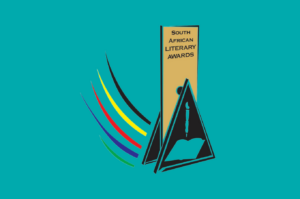
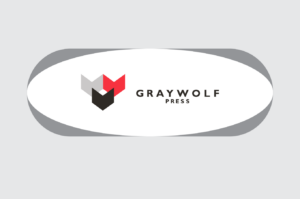
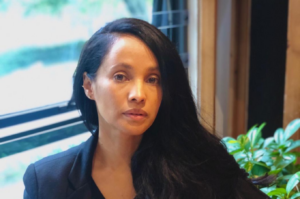
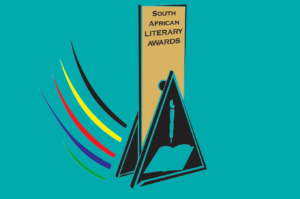
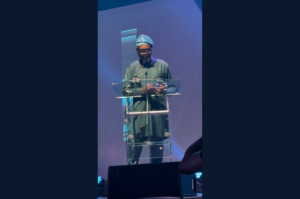


COMMENTS -
Reader Interactions